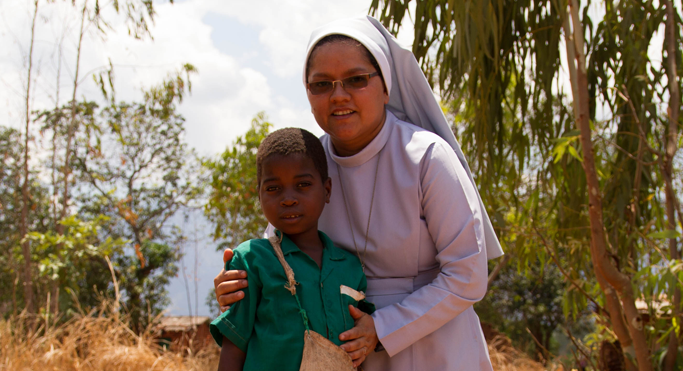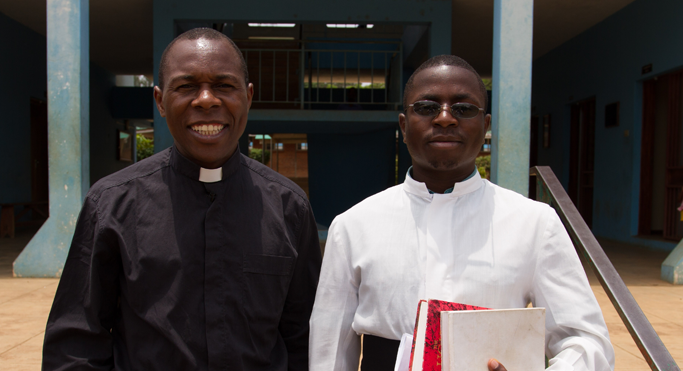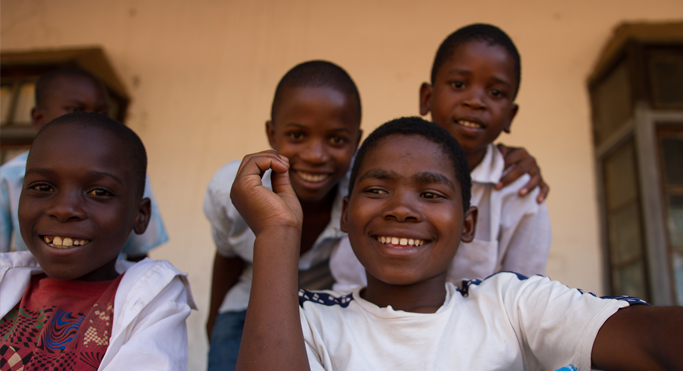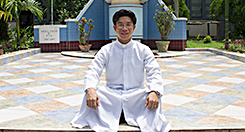You may remember Bishop Paride Taban from our 2017 World Mission Sunday appeal, when Missio reported on South Sudan’s visionary Kuron Peace Village. Bishop Taban established the peace village in 2005 in response to the civil unrest that was destroying his country.
A recent article, A Beacon of Hope in a Troubled Context: Sketches of the Life of Mons. Paride Taban, Shepherd and Bridge-builder, discusses how today, more than ever, South Sudan needs more leaders like Bishop Paride Taban, ‘to break the spiral of mistrust, hatred and violence’ in the country, and to act as role models for its young people.
The author, Alberto Eisman Torres, is a Spanish theologian who has worked for 20 years in Africa with the Catholic Church and several other faith-based and secular organisations. He says:
‘More than ever before, youth in today’s Southern Sudan need to have some role models to look up to, who can show the way a new society could be based on values of respect, tolerance, and love for each other.’
He adds:
‘Monsignor Paride Taban, even in his old age, is and remains a powerful beacon of hope and integrity in the background of moral decadence and political ambition that we experience in today’s state of the nation’.
Hopes dashed
When South Sudan achieved independence in July 2011, the hope was that the nation could put its days of turmoil firmly behind it. Sadly this proved for many people to be a vain hope.
Torres explains:
‘After very long years of… suffering caused by discrimination, resentment and civil war, after signing a laborious peace agreement that put an end to the longest armed conflict in Africa, it looked that the voice of the Southern Sudanese would finally be heard and people there would not only experience peace and security, but also they would be able to enjoy a new country on their own, with their own elected leaders, with functioning and fair institutions, and with the perspective of a new life in harmony, respect and social justice… The great hopes and expectations of 2011 have now radically sobered up, and in many cases they are now completely dashed.’
A troubled nation
Sadly, violence, human rights violations, displacement, and ethnic strife continue to be commonplace in the country. Torres notes that more than ten years after independence:
‘The former-freedom-fighters-now-rulers have remained glued to their positions of power and show no intention of handing over their offices to younger, better prepared and more qualified candidates. To make matters worse, they keep following the warlord playbook.’
An example to the world
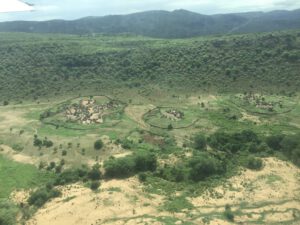
It is in the middle of this challenging situation that Bishop Paride founded the Holy Trinity Kuron Peace Village, with help and support from Missio. Its aim is to bring healing between warring tribes in South Sudan.
The village has already transformed and improved the lives of thousands of people around that area, and, says Torres, is an initiative that ‘most boldly incarnates Paride’s vision of fraternity and peaceful coexistence’.
The Peace Village has an encounter centre, where representatives of warring tribes meet and discuss issues related to their conflicts and differences. There is a dispensary and a school, and a wide strip of land meant for agricultural activities where families, who could only rely on cattle rearing in the past, now grow crops to supplement their food sources.
Some young people from the region, particularly girls, now have educational opportunities they never had before, and since a new secondary school has opened in the area, local young people are now able to prepare themselves for higher education. This, says Torres, is ‘something unthinkable only some few years ago.’
A life of hope
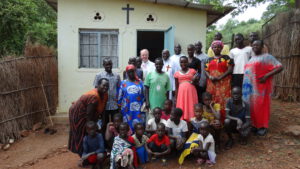
Born in 1936 in South Sudan’s Eastern Equatoria State, Bishop Paride, started his Episcopal Ministry in May 1980 as Auxiliary Bishop of Juba Archdiocese. He was the first Bishop of Torit and the co-founder and first leader of the South Sudan Council of Churches (SSCC).
The SSCC he co-founded spearheaded numerous ecumenical initiatives including development work, humanitarian relief, training of grass-roots leaders and peace mediation.
‘One of the most relevant Sudanese church leaders of the 20th century’
Torres goes on to say that leaders like Bishop Paride:
‘were not ready to pay evil with a new evil, but rather, they tried to break the spiral of mistrust, hatred and violence. Such personalities are needed more than ever so that the utopia of a free, fair and peaceful Southern Sudan might be one day a tangible reality.
‘Bishop Paride Taban is considered one of the most relevant Sudanese church leaders of the 20th century. He is one of these remarkable figures whose words and actions should not fall into oblivion, especially among the youth who have grown surrounded by attitudes of hatred and animosity.’
A sanctuary of peace
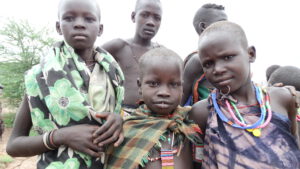
Alongside the services the community can access, the Peace Village is also a sanctuary – a place where people can communicate peacefully and reach a place of respect. While there are still issues, for example with cattle rustling in the region, the Peace Village provides a forum where such tensions can be aired and diffused, and opportunities to replace those practices with other means of making a living. Torres explains:
‘Kuron is a peace-building vision made reality. By implementing it; Bishop Paride literally became a pontiff, a bridge-builder not only between unconnected river banks, but also between foes and adversaries.’
Get involved
- Your support on World Mission Sunday and across the year provides projects like the Peace Village with vital support. Read more about our previous World Mission Sunday campaign and Bishop Paride here>>
- World Mission Sunday is on 23 October this year. Find out more about this year’s celebration and how you can get involved here>>
- To donate to World Mission Sunday and help visionaries like Bishop Paride bring help and hope to the world’s most vulnerable people, click here>>


